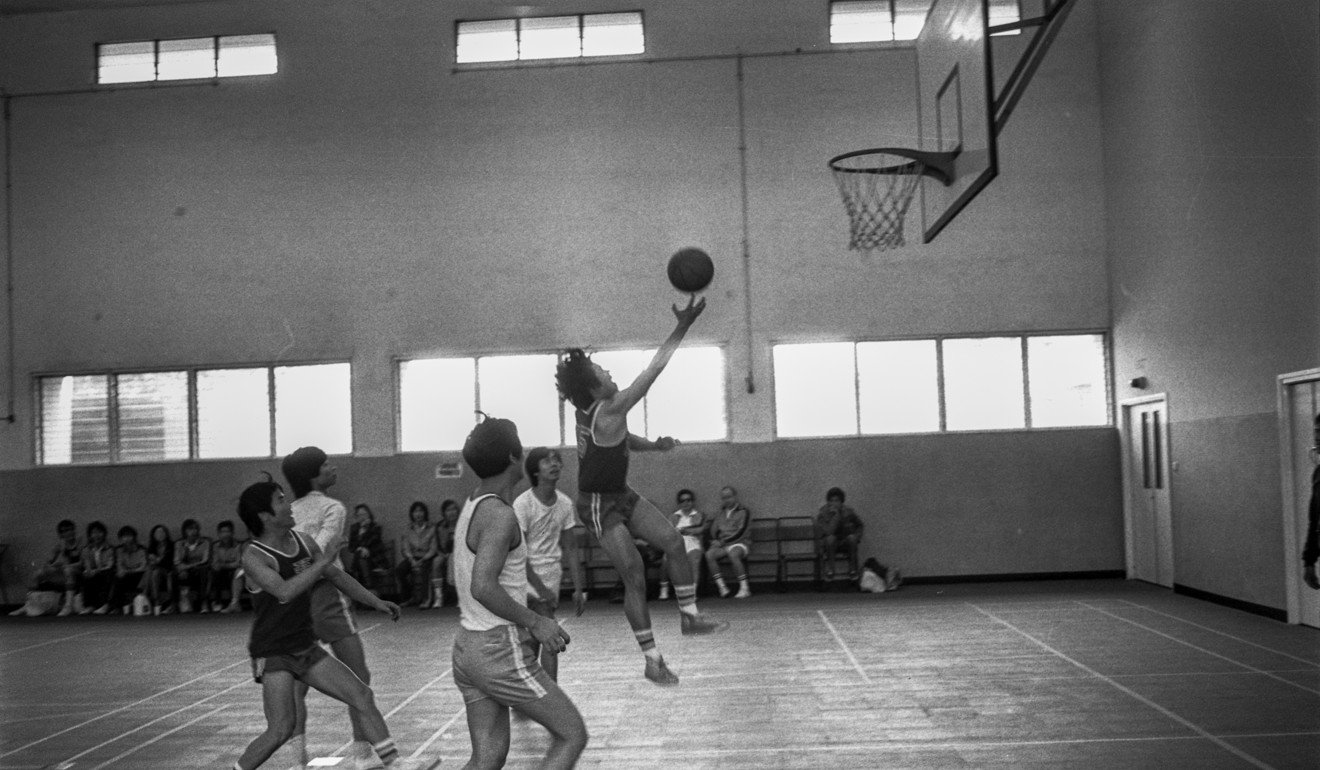Advertisement
Advertisement

Hong Kong can’t put a price on public service rendered by private sports clubs
The provision of sports and recreational facilities is an essential social investment that the government should take up for the people’s well-being. The use of public sports facilities is now subsidised heavily by the government. Before the 1970s, local sports development relied solely on private sports clubs, with almost no input from the government.
For decades, private clubs have been subsidising sports development, by actively promoting various sports and allowing free use of club facilities by national sports associations for competitions and training. The opening-up programme promoting greater utilisation of club facilities by the public means increased subsidies.
The Home Affairs Bureau’s consultation paper has recognised the contributions of private sports clubs to alleviating the pressure on public facilities and promoting sports development. Yet, it recommends a hefty increase in land premium to one-third of the full market value of each site to renew their leases every 15 years. This might ultimately lead to the closure of some clubs. Should the government be taking this “use and dump” attitude? Is this fair to clubs which are subsidising local sports development?

The sharp increase could be trivial to some private clubs, but to a club for the middle class, like Club de Recreio, this is an astronomical figure (“Blanket fee hikes for Hong Kong’s private clubs would choke those that cater to the middle class”, September 13).
For private sports clubs, optimising land use should not be measured in financial yield, particularly when there is no urgent need to raise the government’s reserves. The modification of lease conditions should aim at creating opportunities for better utilisation of club facilities, not at creating financial hardships that might kill some clubs and create damaging impacts on our long-term sports development.
Rachael Poon, Tsuen Wan

Post
